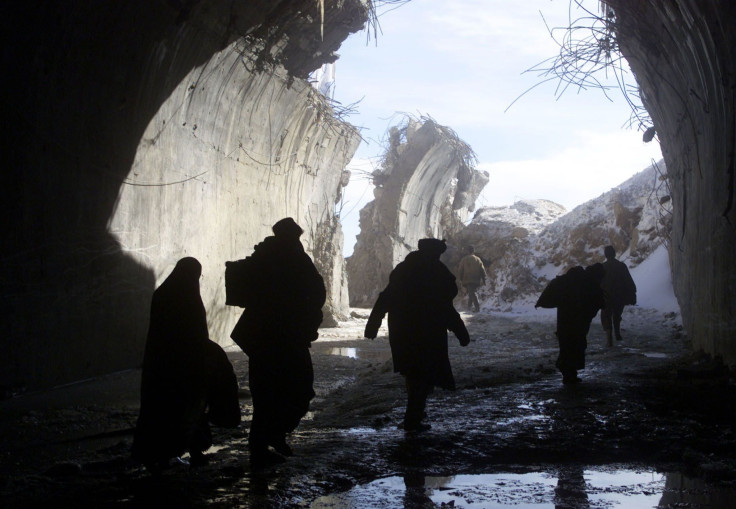Russian Taliban Fighter Gets Life Sentence In US

RICHMOND, Virginia (Reuters) -- A former Soviet army tank officer convicted for his role in a 2009 attack on U.S. and Afghan soldiers, was sentenced in federal court on Thursday to life in prison plus 30 years.
Irek Hamidullin, 55, was the first enemy combatant from Afghanistan to be tried in a U.S. federal court of charges related to helping Taliban fighters.
U.S. District Court Judge Henry Hudson handed down the sentence after Hamidullin, a convert to Islam, delivered a defense of his actions that lasted more than half an hour and cited Jesus Christ and Allah.
His conviction in August stemmed from a Taliban attack on an Afghan border police station in November 2009. Hamidullin was the sole Taliban survivor, and no Americans or Afghans were killed in the incident.
Charges against Hamidullin included providing material support to terrorists and trying to kill Afghan and U.S. soldiers. His lawyer, public defender Paul Gill, said he would appeal the convictions and sentence.
During his address to the court, Hamidullin argued that he was not a terrorist and had the right to defend himself against "American aggressors" who had invaded Afghanistan.
"As a Muslim, I don’t accept your law. I don't acknowledge this court," Hamidullin said through an interpreter.
Hamidullin, who had close-cropped hair and a goatee, was brought into court in a wheelchair, and appeared thin. U.S. medics treated him after he was shot multiple times during his apprehension.
He was held in prison in Afghanistan for five years and was frequently interrogated by Federal Bureau of Investigation and military personnel.
Before sentencing, Hudson said that one statement that resonated with him was Hamidullin’s saying to an FBI agent that “if I see you in the street I would have to kill you as an infidel.”
Hudson said that statement alone made Hamidullin a continued threat to society.
But Hamidullin told Hudson that interpreters had twisted what he said. His message had been that he would have to kill the agent as an infidel because he was in Afghanistan as an invader, he said.
He compared the U.S. role in Afghanistan to fascism and the Nazis during World War II.
(Additional reporting by Eric Beech in Washington; Editing by Eric Walsh and Alan Crosby)
© Copyright Thomson Reuters 2024. All rights reserved.











